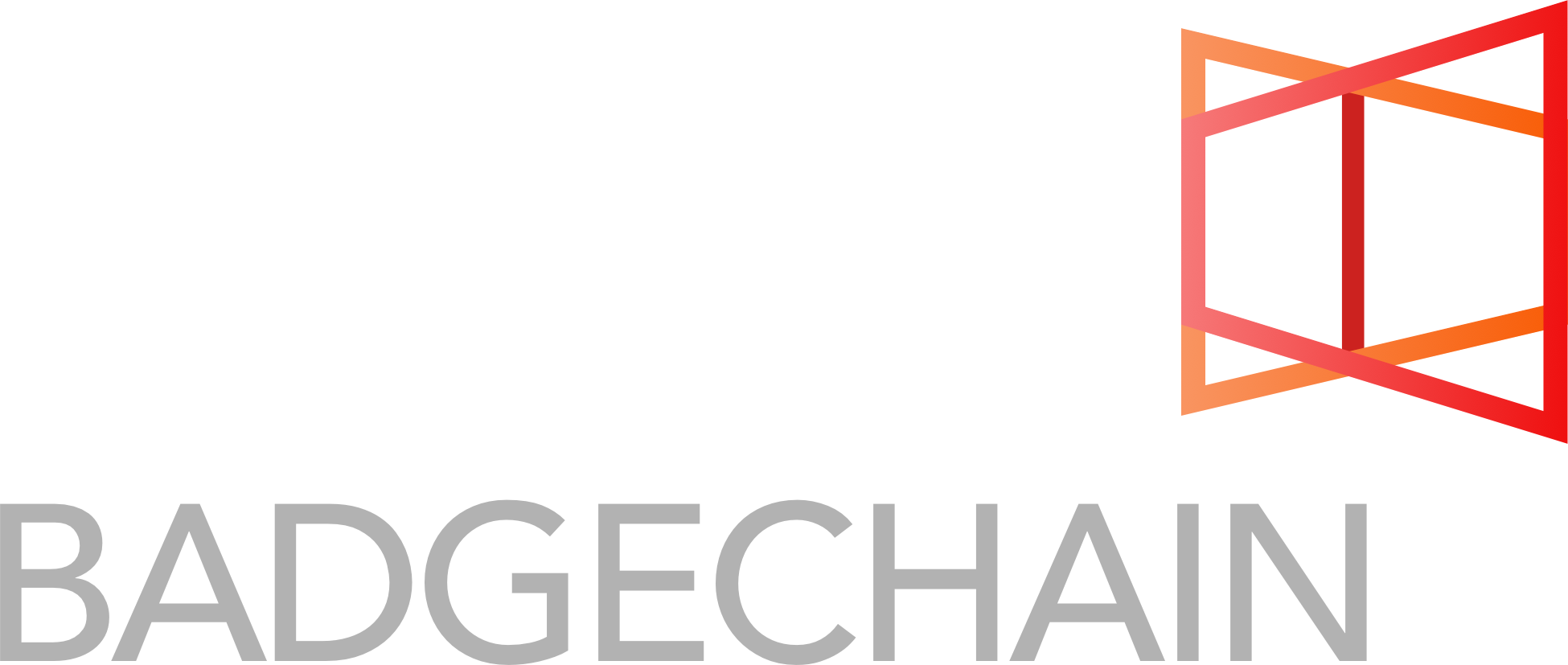Health information sits at the precarious intersection of confidential information (including diagnoses and treatment), personal privacy issues, and regulatory compliance. Ever since the 1996 Healthcare Insurance Portability and Accountability Act (HIPAA), our Protected Health Information (PHI) has felt—to a degree—safe from prying eyes. Nonetheless, nearly everything about health records is complicated, including their privacy implications and laws and regulations governing their access and use.
Indeed, two specific federal rules apply to their security and privacy: 1) the HIPAA Security Rule and 2) the HIPAA Privacy Rule. The Privacy Rule applies to general health information (PHI) and the Security Rule applies to electronic Protected Health Information (ePHI). ePHI is both a potential bevy of medically useful big data and also an electronic security danger zone.
Here’s where blockchain technologies, and perhaps more specifically, distributed ledgers, can play securing and structuring roles. Securing in that information can be kept private through personal keys, and structuring in that information can be segmented and categorized. Current explorations of these new technologies focus on the patient: their ownership and agency, in order to increase their ability to make informed decisions about their health records. Along the same lines, consideration is also being given to healthcare provider audiences, e.g., primary care physicians and emergency responders. Their access to patient-approved information contained on continuously updated distributed ledgers may improve patient outcomes since they would provide more complete, up-to-date snapshots of current treatments and prescriptions.
Blockchain and related technologies provide no magic cure, however. As along with these new technological developments and future deployments comes a massive need for informational campaigns to educate vastly different audiences of a variety of complicated options. That said, healthcare record keeping is ripe for this type of innovation.
Here are the articles that inspired this newsletter. We recommend them to you as interesting data points in your consideration of blockchain technologies and healthcare.
- Blockchain and Patient Privacy — Jim Walker
- Blockchain’s Potential Uses for Healthcare: Hype or Reality? — Mike Miliard
- Moving Patient Data Is Messy, But Blockchain Is Here to Help — Megan Molteni
- Health Information Privacy — US Dept of Health and Human Services
- 50 Things to Know About Healthcare Data Security and Privacy — Carrie Pallardy

Follow Us